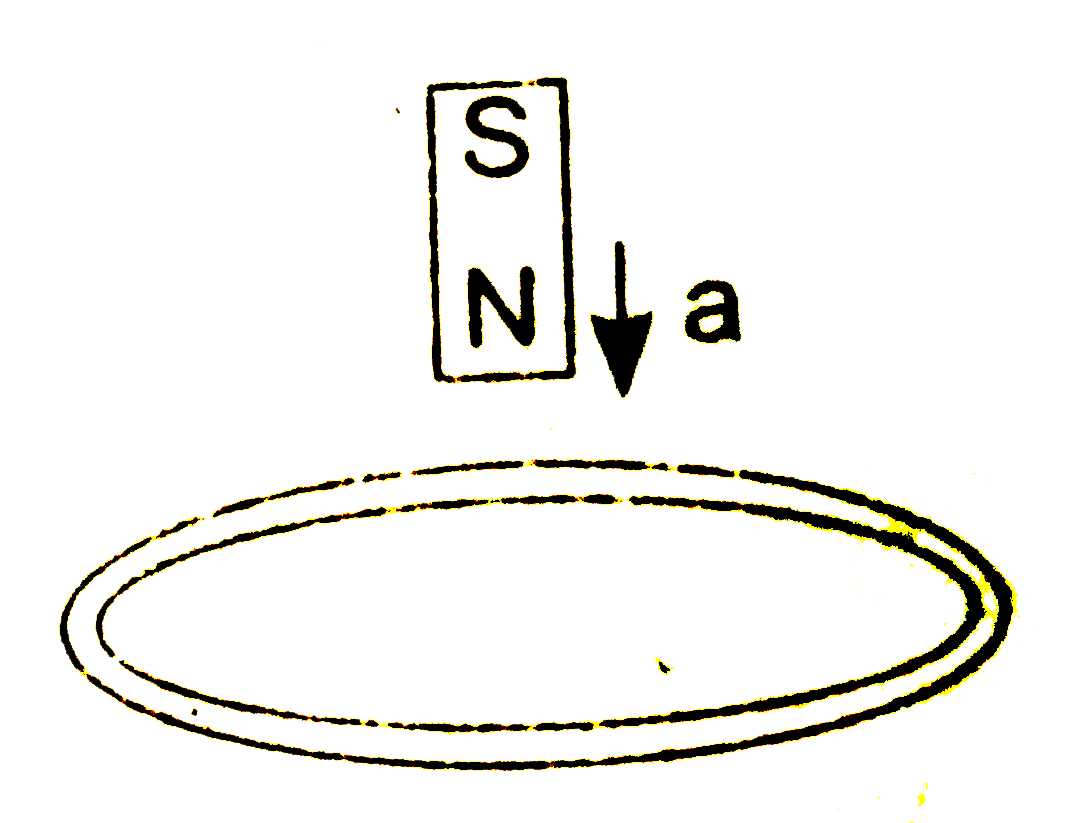Academics have debated the meaning of "knowledge" since the word was invented, but let's not get into that here, A dictionary definition is "the facts, feelings or experience is "the facts, feelings or experiences known by a person or group of people " (Collins English Dictionary). Knowledge is derived from information but it is richer and more meaningful than information. It includes familiarity, awareness and understaning gained through experience or study ,and results from making comparisons, indentifying consequences, and making connections. Some experts inslude wisdom and insight in their definitions of knowledge, In organizational terms, knowledge is generally thought of as being "know how" or "applied action" . The last point is an important one. Today's organizations cintain a vast amount of Knowledge and the NHS is certainly no exception. However, in applying knowledge manegement principles and parctices in our organisation, knowledge is not our end, but the means for further action. What we are trying to do is to use our knowledge to get better at doing what we do, i.e. health care and health care improvement. Knowledge management is based on the idea that an organization's most valuable resource is the knowledge of its people . This is not a new idea- organizations have been managing "human resources" for years . What is new is the focus on Knowledge. This focus is being driven by the accelerated rate of change in today's organizations and in society as a whole. Knowledge management recognizes that today nearly all jobs involve "knowledge work" and so all staff is "knowledge work" to some degree or another - meaning that their job depends more on their knowledge than their manual skills. This means thart creating , sharing and using knowledge are among the most important activities of nearly every person in every organisaton, It is easy to see the imoportance of knowledge in the health sector. As clinicians, managers and other practitioners, we all rely on what we know to do our jobs effectively.
Do we know everything we need to know or are there gaps on our knowledge? Of course there are Medical advances are being made all the time so there is always new knowledge to be learned . Government policies are constantly evolving, as are management practices. The current modernization programme requires us to let go of what we knew and to learn and apply new knowledge. Changing doctor- patient relationships are requiring us to revisit our whole approach to the provision of health care. And of course , every new patient that comes through our door brings a potential new learning oppotunity . Do we shre what we know ? The NHS is made up of over a million individuals in hundreds of organisations, each of which have their own knowledge. Is the knowledge of individuals to the whole organization? Is the knowledge or organizations available to the whole NHS ? Not at present. How many times have we " reunvented the wheel" else's experience ? How many times have patients suffered as a result of the "postcode lottery" ?
Do we use what we know to best effect? Not always. In the NHS Plan, the NHS was described as "a 1940s infrastructure operating in the 21st century". Clearly our knowledge has not always been applied to best effect, and we have fallen behind the times . How many times have we had an idea about how a process or an activity could be improved , but felt we lacked the time or resources to do anything about it? How many times have we had an idea that might help our colleagues might not appreciate us "telling them how to do their job"? How many times have we implemented a new initative , only to find we reverted back to the "old way" a few months later? Perhaps we have had insights about how our patients" needs could be better met, but there was no forum for us to share and explore those insights so we just forget about it.
The author of the passage through last line of the passage seems to be.........
Optimistic
Pessimistic
Ironical
Contrasting
The correct Answer is:B
Pessimistic
Similar Questions
चित्रानुसार एक दण्ड चुम्बक मुक्त रूप से एक कुण्डली के बीच से होकर गिरता है। कारण सहित बताइए कि चुम्बक का त्वरण (a ) गुरुत्वीय त्वरण (g ) से कम अथवा समान अथवा अधिक होगा।
 01:49View Solution
01:49View Solutionचुम्बकीय द्विध्रुव आघूर्ण सदिश राशि है या अदिश राशि? इसका मात्रक लिखिए।
01:23View Solutionप्रतिघात अथवा प्रतिबाधा की विमा लिखिए ।
04:06View Solutionएक भिन्न इस प्रकार है कि यदि इसके अंश को 3 से गुणा किया जाए और हर से 3 घटाया जाए तो यह 1811 बन जाती है परन्तु यदि इसके अंश में 8 की वृद्धि की जाए तथा हर को दोगुना कर दिया जाए तो यह 25
02:46View Solutionताश के 52 पत्तों में से यदृच्छ्या एक पत्ता निकाला जाता है। प्रायिकता ज्ञात कीजिए कि पत्ता हुकुम का हो लेकिन इक्का न हो |
02:33View Solutionदो पाँसों की एक फेंक में अंकों का योग 8 अथवा 10 आने की प्रायिकता ज्ञात कीजिये।
03:18View Solutionएक छात्र को A,B,C या D ग्रेड मिलने की सम्भावना है। प्रायिकता ज्ञात कीजिये कि कम से कम B ग्रेड प्राप्त कर सके, जबकि A ग्रेड प्राप्त करने की प्रायिकता : 20,B ग्रेड प्राप् करने की प्रायिकता 40,C ग्रेड प्राप्त करने की प्रायिकता- 30,D ग्रेड प्राप्त करने की प्रायिकता 10 है।
02:26View Solutionदो या दो से अधिक पदार्तो का समांगी मिश्रण कहलाता है .
01:46View Solution

